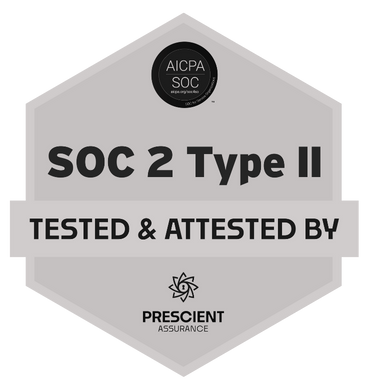Handling the emotional and legal aspects of estate planning can be quite a challenge. One of the tough choices you might encounter is deciding to disinherit a child. This decision comes with family tensions and legal complexities. Let's talk about how to tackle this sensitive topic and its role in your estate plan.
First and foremost, you need to understand the legal framework surrounding disinheritance in your state. Laws regarding the right to disinherit a child vary significantly from state to state. In some places, laws protect children from complete disinheritance unless under very specific circumstances, while in others, parents may have broader discretion.
It's also important to know about any legal duties to support minor children or those with disabilities. The law might require specific provisions for their care, which could affect your plans to disinherit them. Handling these responsibilities correctly and legally is important.
If you’ve decided to disinherit a child, being clear in your estate plan is key. Explicitly state your intentions, including specific reasons for the decision, within your will or estate planning documents. It helps prevent potential legal challenges that can come up after your passing, especially since contesting wills can be common when disinheritance is involved.
Given the legal complexities and emotional ramifications, consulting with a qualified attorney experienced in estate planning is key. An attorney can ensure that your will or estate plan meets all legal requirements for disinheritance and advise on the most tactful way to address this within your documents. They can also offer strategies to minimize potential fallout among surviving family members.
Disinheriting a child can really shake things up in the family. It's not just a legal matter—it could seriously mess with family dynamics. Parents thinking about disinheriting a child should really take some time to reflect on all the implications and make sure it’s executed in the best way possible.
Several reasons might lead a parent to consider disinheriting a child, ranging from long-term estrangement to the desire to prevent misuse of assets due to issues like substance abuse or financial irresponsibility. In other cases, it could be a strategic decision to distribute assets in a way that supports those in greater need or to ensure the care of a dependent family member. At the end of the day, it's your estate plan, and if there is someone you’d like to keep out of it, it’s important to put the right documents in place to ensure that happens.
The decision to disinherit a child is very personal and can carry significant emotional weight. Remember, the goal of any estate plan is to ensure that your assets are distributed according to your wishes and provide for your loved ones as you see fit. Whether or not disinheritance forms a part of your plan, you should always work with an attorney to make sure your documents are legally sound.
Handling the emotional and legal aspects of estate planning can be quite a challenge. One of the tough choices you might encounter is deciding to disinherit a child. This decision comes with family tensions and legal complexities. Let's talk about how to tackle this sensitive topic and its role in your estate plan.
First and foremost, you need to understand the legal framework surrounding disinheritance in your state. Laws regarding the right to disinherit a child vary significantly from state to state. In some places, laws protect children from complete disinheritance unless under very specific circumstances, while in others, parents may have broader discretion.
It's also important to know about any legal duties to support minor children or those with disabilities. The law might require specific provisions for their care, which could affect your plans to disinherit them. Handling these responsibilities correctly and legally is important.
If you’ve decided to disinherit a child, being clear in your estate plan is key. Explicitly state your intentions, including specific reasons for the decision, within your will or estate planning documents. It helps prevent potential legal challenges that can come up after your passing, especially since contesting wills can be common when disinheritance is involved.
Given the legal complexities and emotional ramifications, consulting with a qualified attorney experienced in estate planning is key. An attorney can ensure that your will or estate plan meets all legal requirements for disinheritance and advise on the most tactful way to address this within your documents. They can also offer strategies to minimize potential fallout among surviving family members.
Disinheriting a child can really shake things up in the family. It's not just a legal matter—it could seriously mess with family dynamics. Parents thinking about disinheriting a child should really take some time to reflect on all the implications and make sure it’s executed in the best way possible.
Several reasons might lead a parent to consider disinheriting a child, ranging from long-term estrangement to the desire to prevent misuse of assets due to issues like substance abuse or financial irresponsibility. In other cases, it could be a strategic decision to distribute assets in a way that supports those in greater need or to ensure the care of a dependent family member. At the end of the day, it's your estate plan, and if there is someone you’d like to keep out of it, it’s important to put the right documents in place to ensure that happens.
The decision to disinherit a child is very personal and can carry significant emotional weight. Remember, the goal of any estate plan is to ensure that your assets are distributed according to your wishes and provide for your loved ones as you see fit. Whether or not disinheritance forms a part of your plan, you should always work with an attorney to make sure your documents are legally sound.



